|
I hope you enjoy my TEDx Talk on how Science Fiction can help us imagine, understand and potentially even solve problems like climate change. Please keep an eye on the "NEWS & ARTICLES" section for a much longer write-up on the whole event!!!
0 Comments
Recently at SWA we had MYP Interdisciplinary Units, or IDUs. For grade 6, we integrated English Language & Literature, English Language Acquisition, and Individuals & Societies. Using the theme "Utopias", students have been exploring the origin of the word “utopia” and delving into the context of Sir Thomas More, who coined the word in his 1516 story to satirise Renaissance era England. Students read sections of this famous work, and learned that fictional “utopias” are highly desirable, idealistic, nearly perfect societies that are actually impossible to recreate in reality. Usually, when people attempt to create some form of utopia, it inevitably becomes it opposite, dystopia. Students then explored the concepts of utopia and dystopia in several other works of fiction, such as Kurt Vonnegut’s Harrison Bergeron, Carl Weber’s Big Urban, and Cat Rambo’s Big Rural. Learning about utopian and dystopian elements of fictional places allows for transdisciplinary grounding of concepts, as students are able to connect these elements to the real word, and ask questions about how we could change society to make it better, and avoid making it worse.
With a firm transdisciplinary grounding of utopia and dystopia across language, literature & the humanities, students were able to create their own fictional society featuring utopian and dystopian elements, and then use that as a setting to design characters and a plot to create their own utopian or dystopian Science Fiction story. |
AuthorMy name is Ben Parsons, and I am the author of this website and blog! Check my Bio, my public profiles below, and catch me on Twitter! Archives
April 2019
Categories |
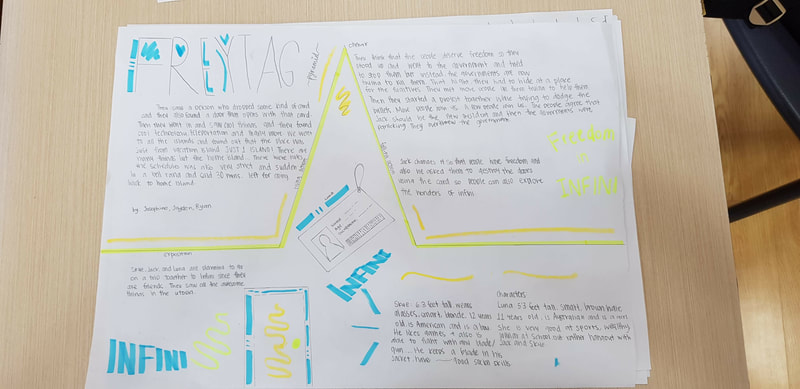
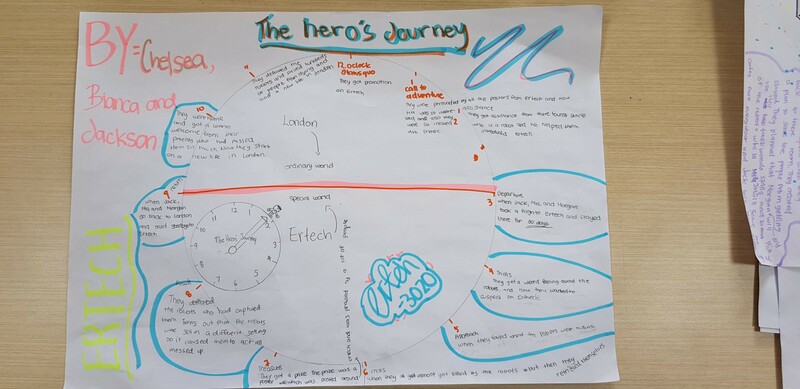
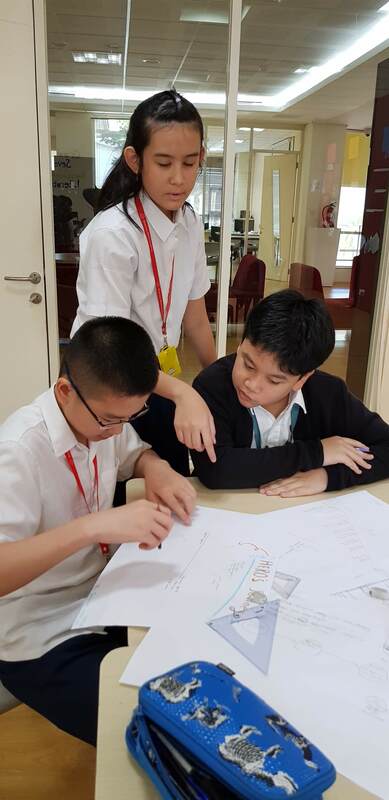
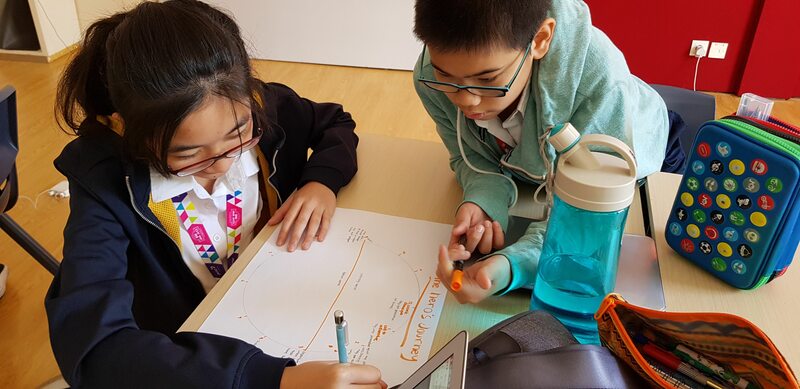
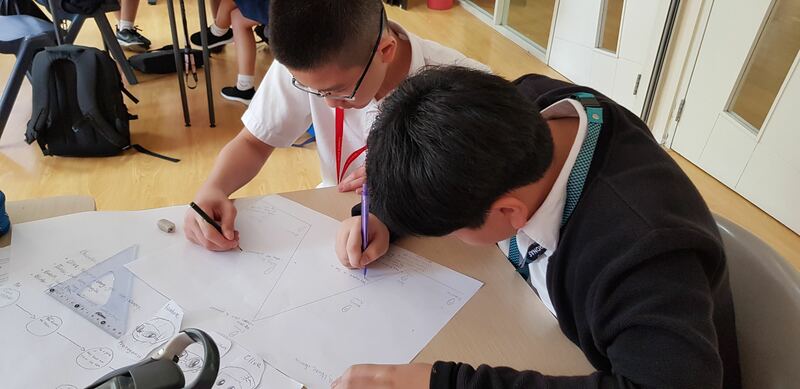
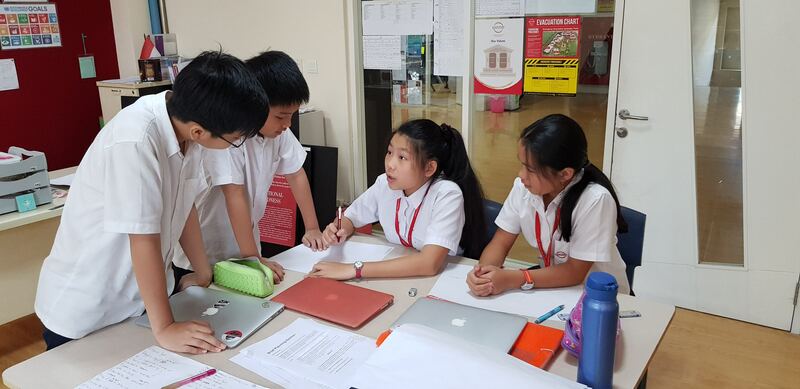
 RSS Feed
RSS Feed
